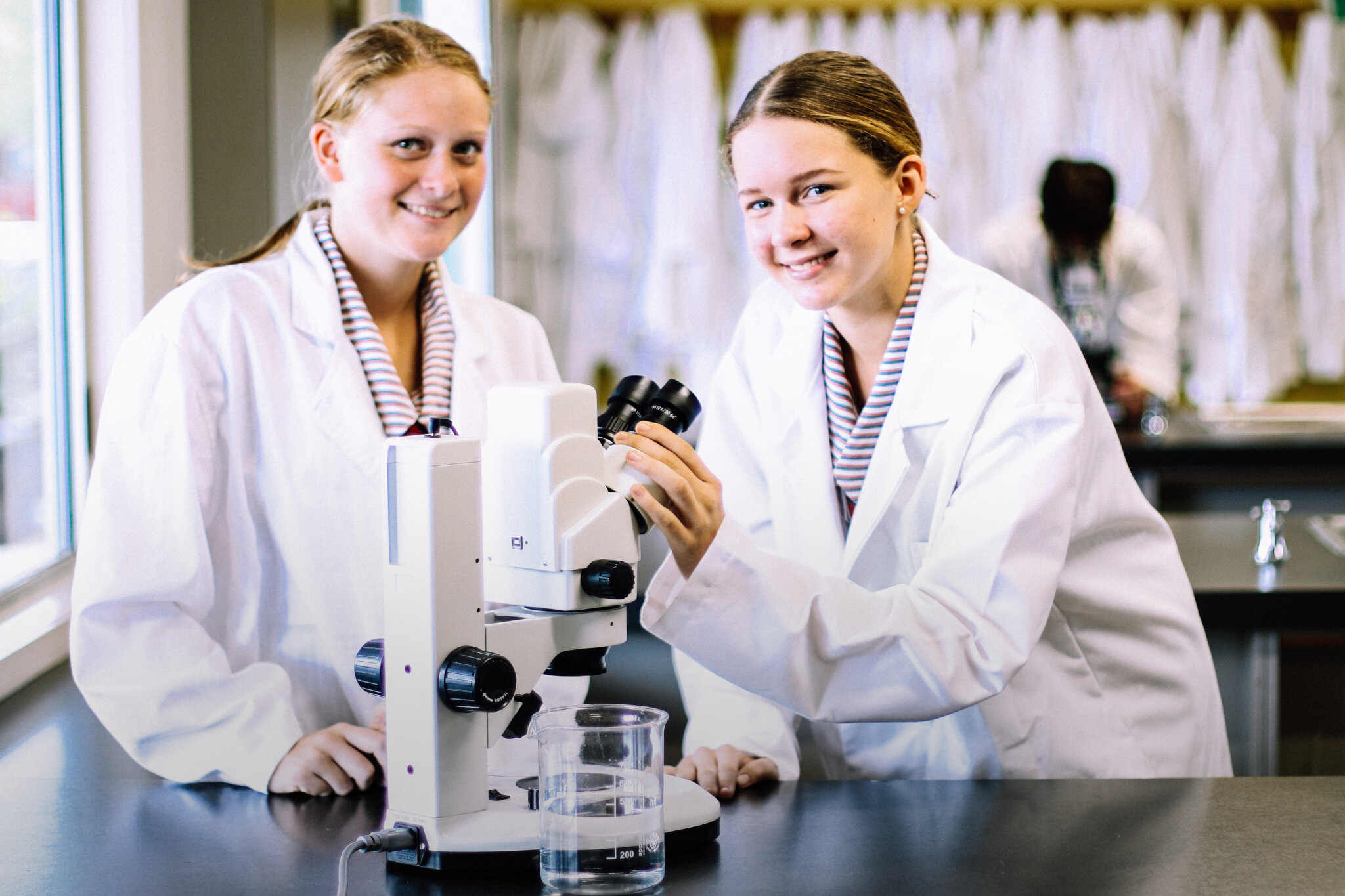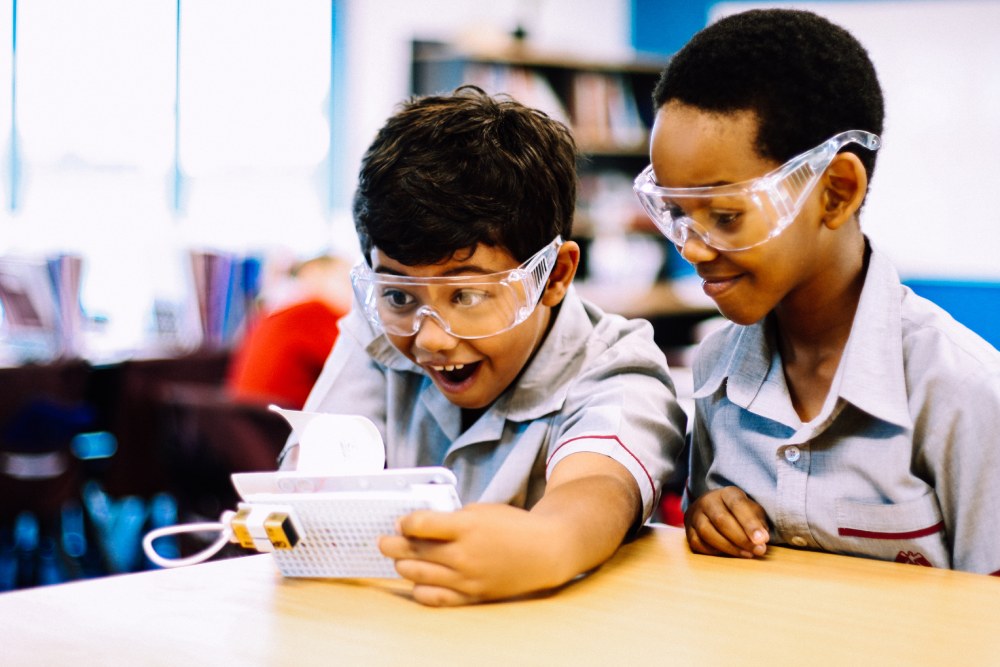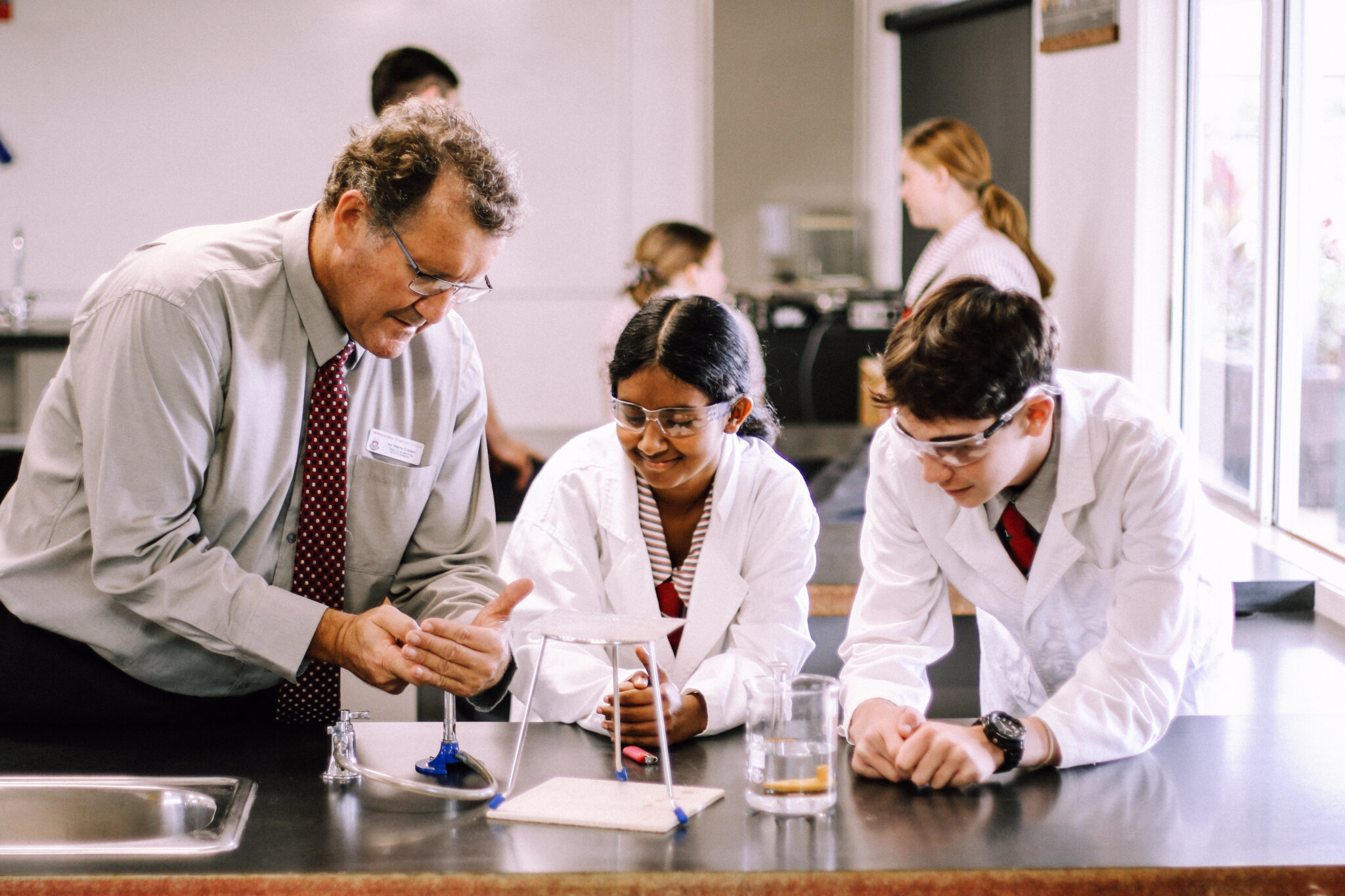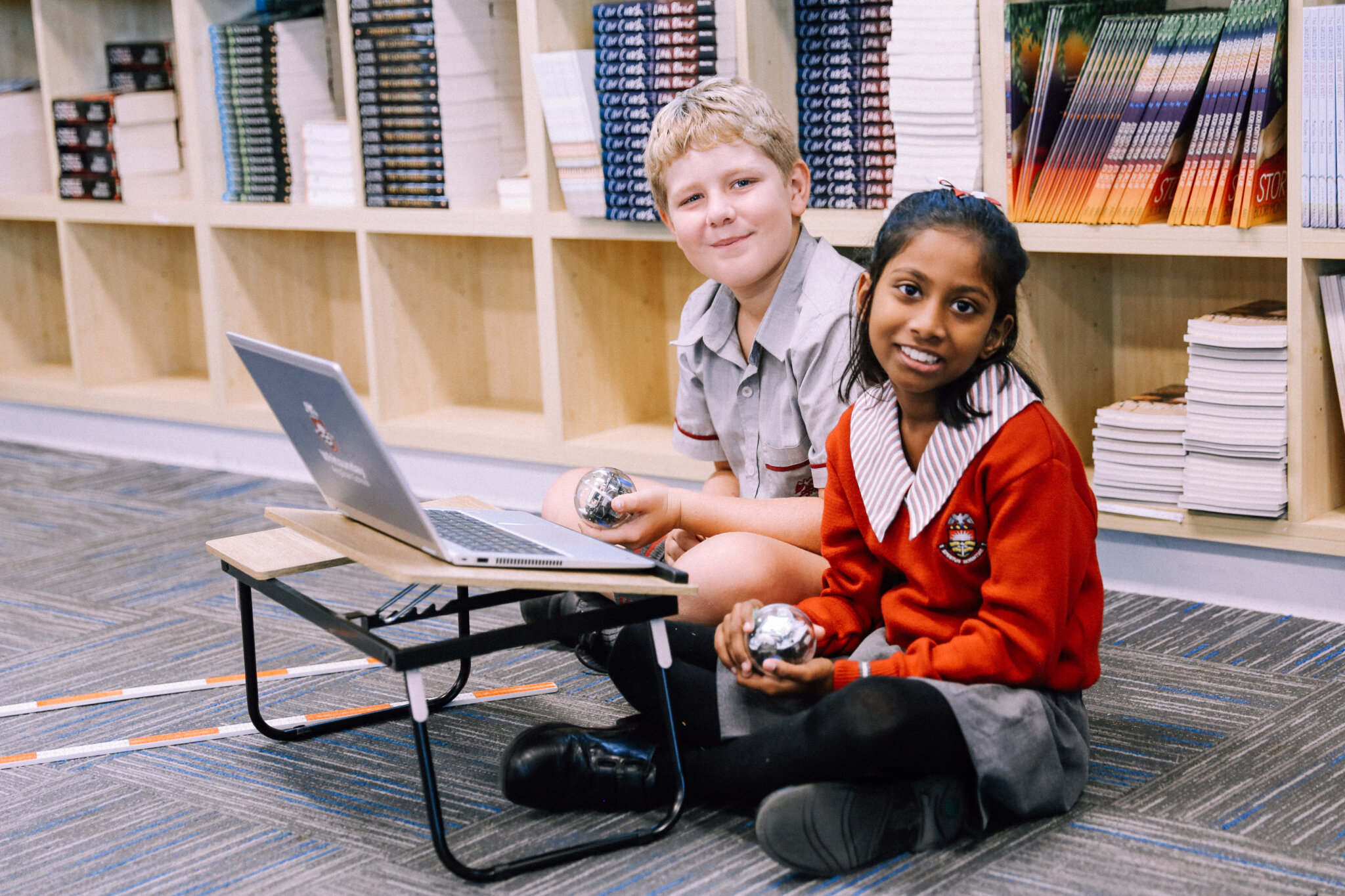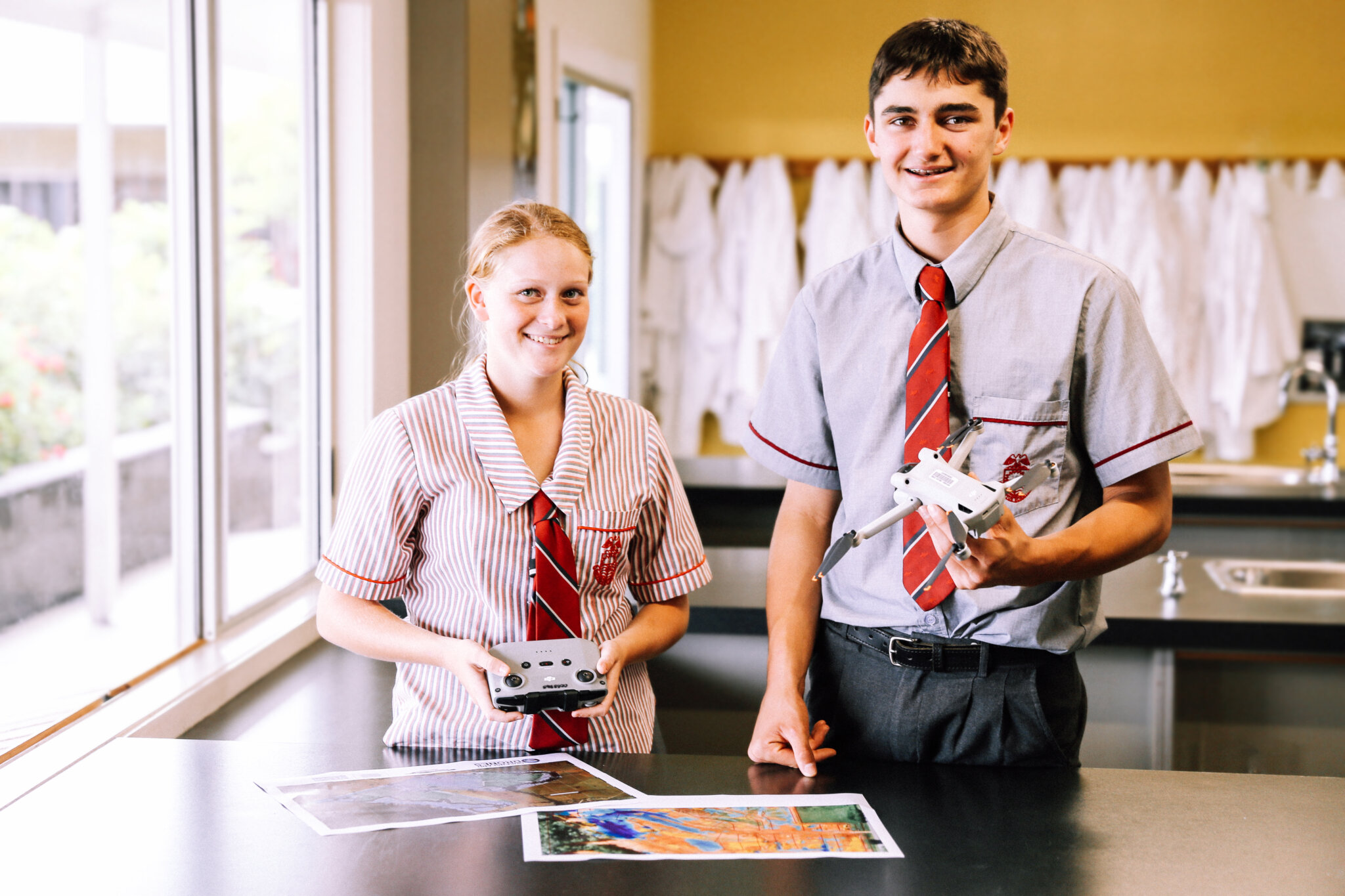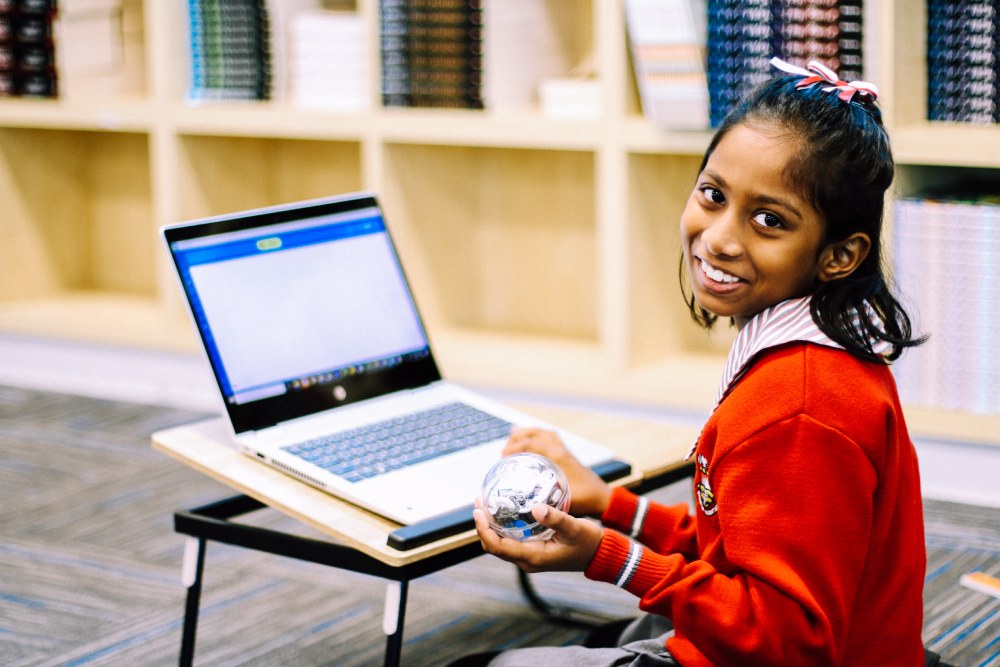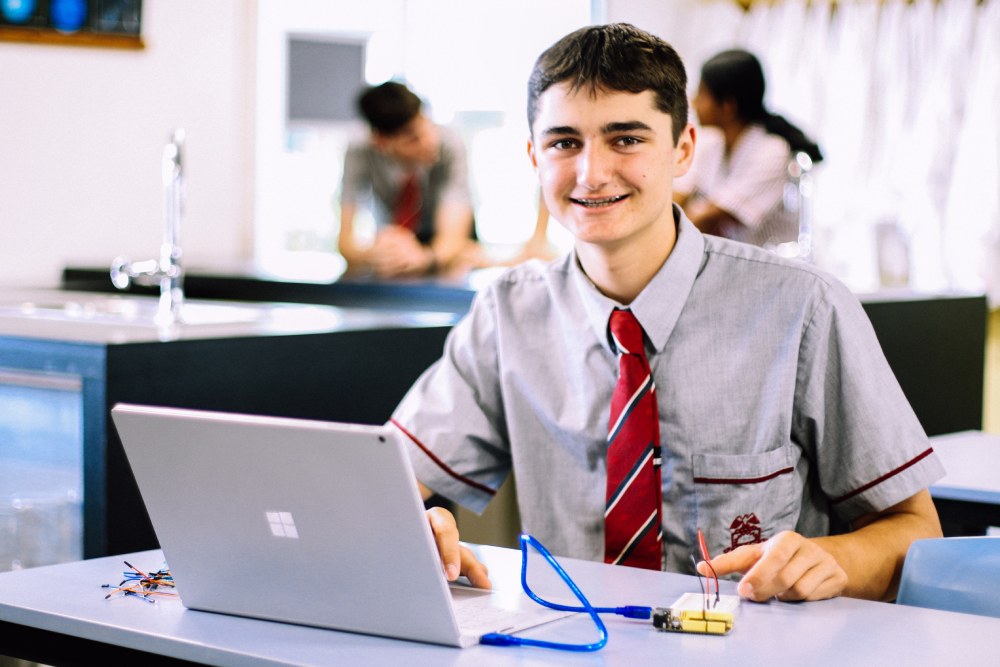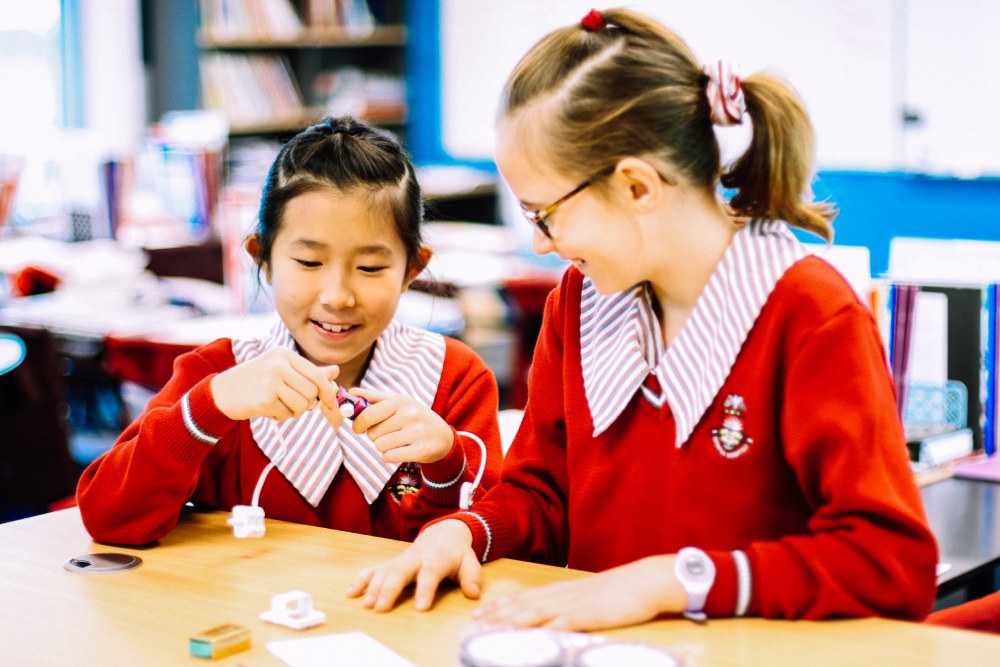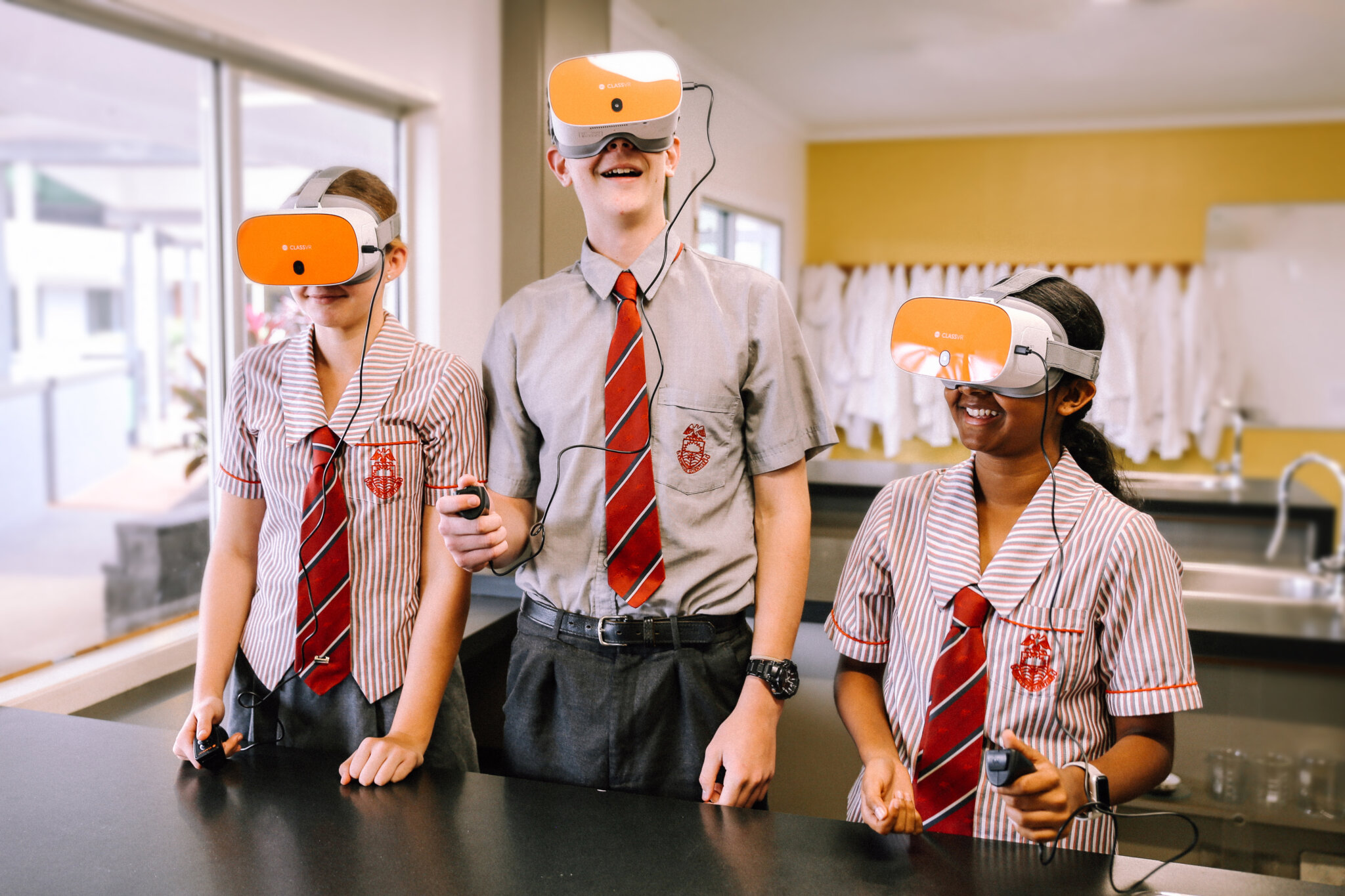STEAM Centre
SCIENCE // TECHNOLOGY // ENGINEERING // ARTS & DESIGN // MATHEMATICS
Creating Legacy
Imagine an environment of unparalleled innovation, where every program and every opportunity are carefully crafted to develop our region’s skills now, and into the future.
The STEAM Centre will be accessed by students from Kindergarten to Year 12, placing them at the forefront of innovative education.
This cutting-edge, technology-driven educational facility is more than just a building; it’s a community of people dedicated to pushing the boundaries of what is possible.
It’s a space where students can unleash their creativity and innovation, tackle global challenges, foster resilience and reach their personal best through the pursuit of excellence.
Whether you are a student, parent, business leader, an Old Scholar or simply a visitor – this is your opportunity to leave a lasting legacy and contribute to the positive impact on the lives of students and future leaders of our region.
Explore the STEAM Centre
About the STEAM Centre
SCIENCE | TECHNOLOGY | ENGINEERING | ARTS & DESIGN | MATHEMATICS
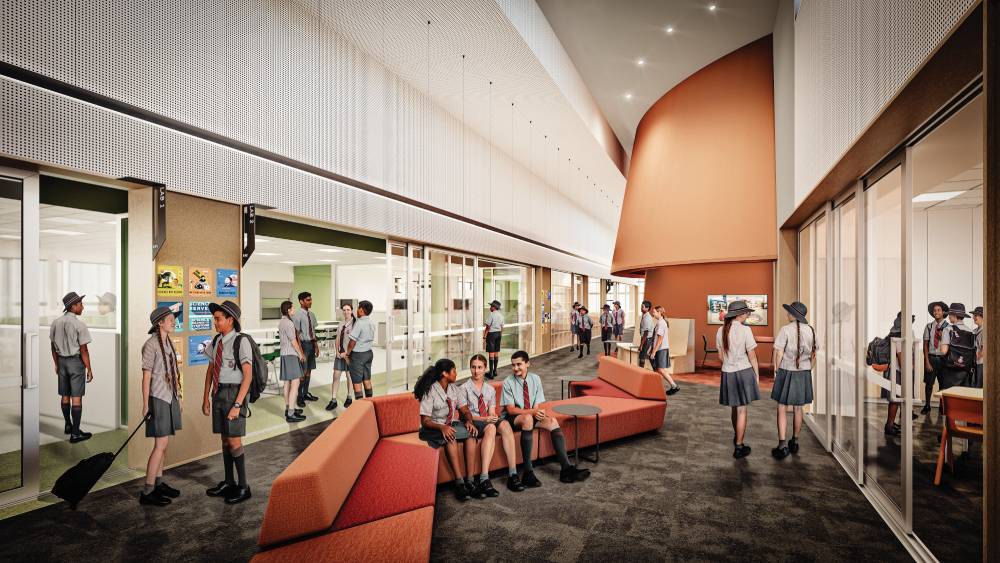
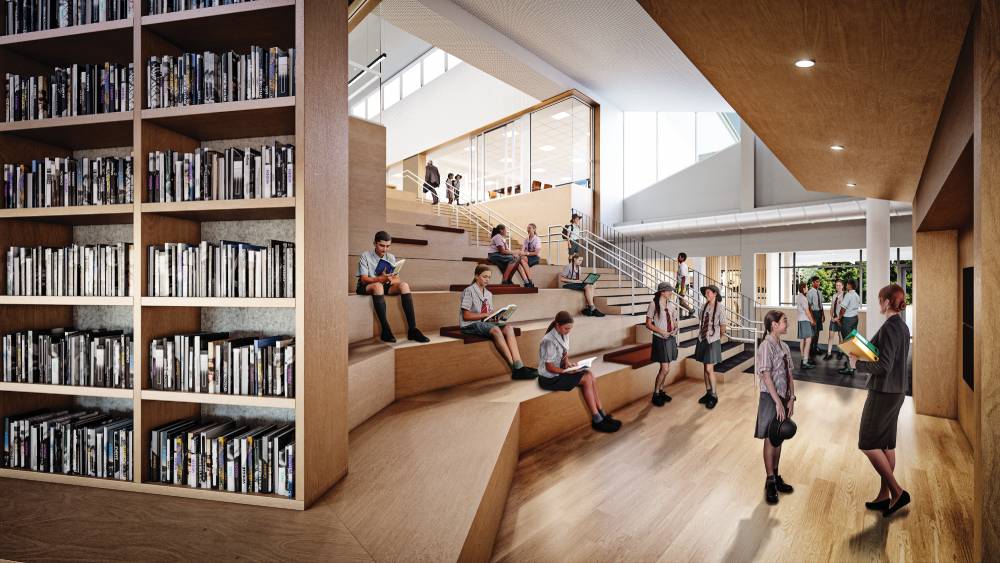
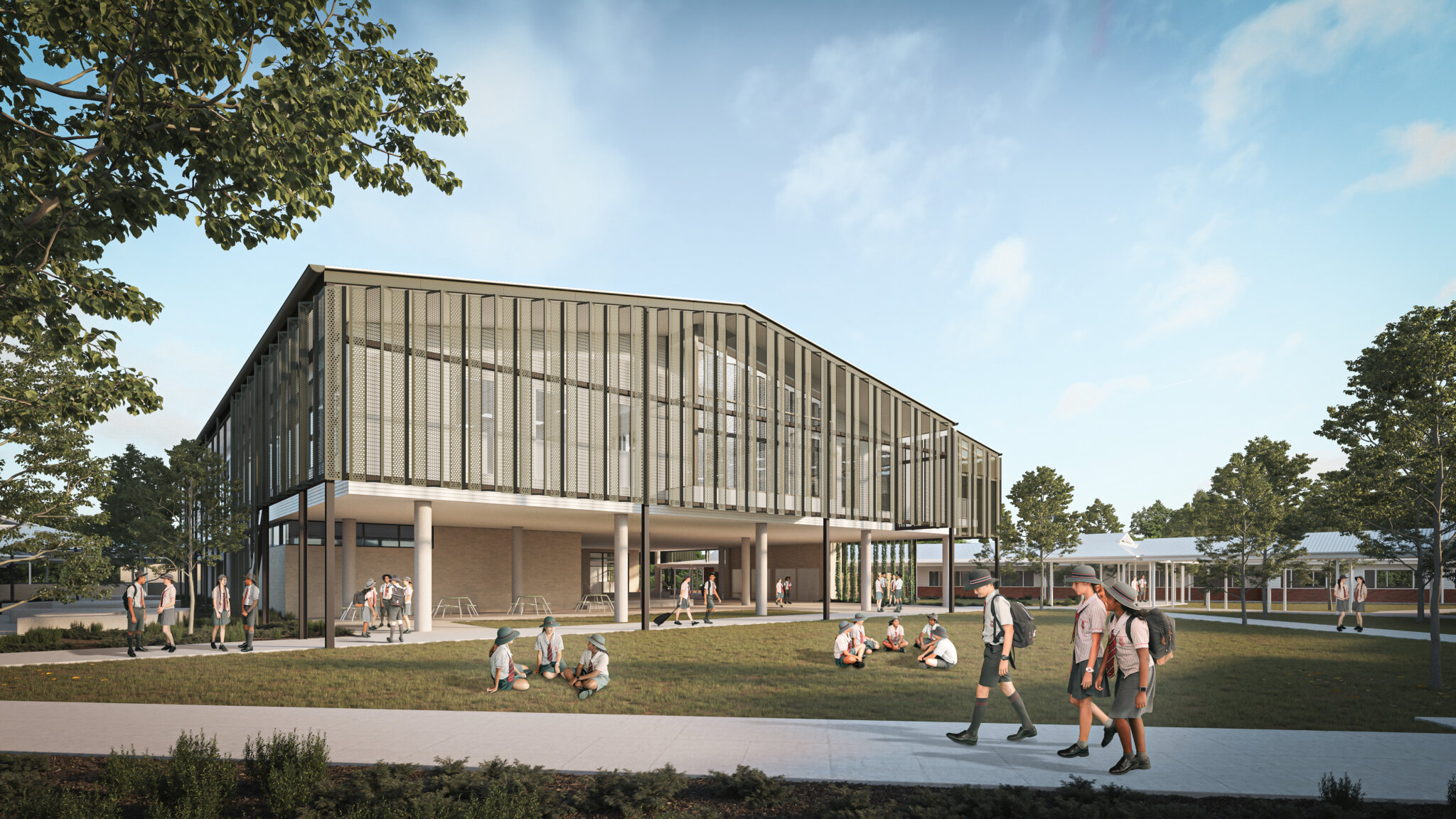
Whitsunday Anglican School has been recognised for decades as educational leaders across the State with outstanding student results. A new facility is soon to be unveiled – a cutting edge, technological learning hub know as the STEAM Centre, a first for the Mackay, Isaac and Whitsunday region.
The STEAM Centre has been designed to link with the region’s industry strengths and provide students with critical skills for the future in STEAM – Science, Technology, Engineering, Arts & Design and Mathematics.
The STEAM Centre has been developed through a leading research partnership between the School and the University of Melbourne – Australia’s number one ranked university and world leader in education.
Students will have the opportunity to immerse themselves in areas that directly relate to future skills in health and biotechnology, the resource industry, engineering, artificial intelligence (AI), 3D printing, robotics, the Internet of Things, food production, technology and design, and much more.
WHAT WILL IT INCLUDE:
-
A world-class facility for students from Kindergarten to Year 12
-
Support to young people to develop the real-life skills they need for success beyond school, facilitating creativity, collaboration, innovation and enterprise
-
Maker Spaces, tailored for innovation including robotics, drones, constructivist learning, 3D printing and artificial intelligence (AI)
-
Cutting-edge scientific laboratories including Physics, Chemistry and Biology laboratories
-
Extended experimentation investigation laboratories
-
Breakout zones for teamwork reflection and idea-generating pods
-
Learning commons and incubators
-
A preparatory room for experimental investigations
-
A tertiary-inspired library, featuring a range of learning spaces designed to enhance and improve study


